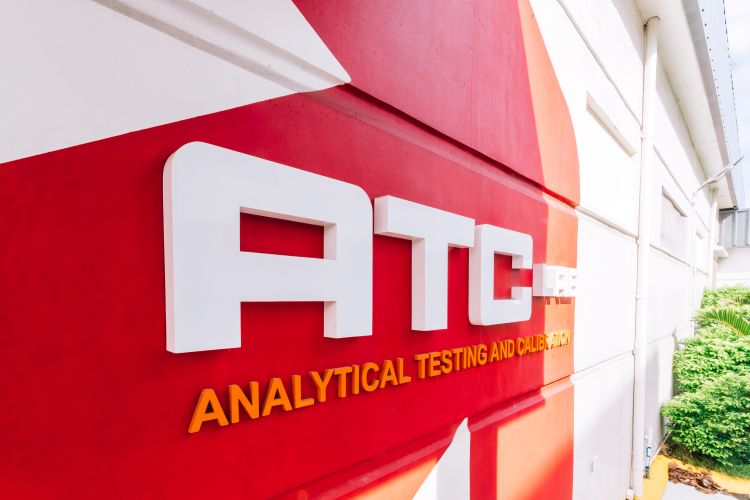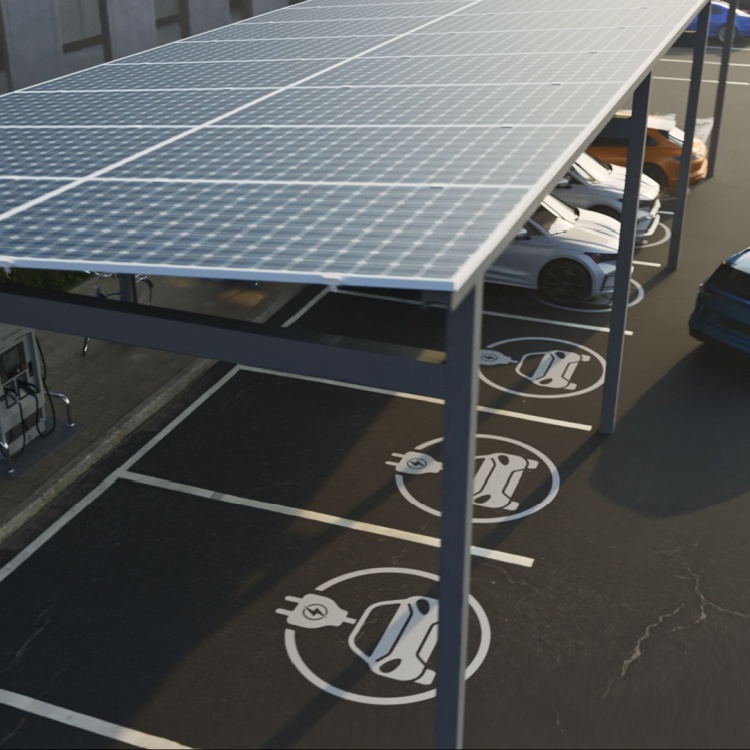The Race to Power the New Wave of Mobility

On the road to electric mobility, auto industry leaders are channeling funds, research, and innovations into the search for next-generation battery technology.
As humanity races against time to reverse the impacts of climate change, the race towards zero-carbon mobility is also underway. By 2030, the world could see 145 million electric vehicles on the road. The world’s largest automakers are pouring billions of dollars to rev up electric vehicle (EV) production, with many investing in EV battery research and development, manufacturing, and recycling.
In this article, find out which OEMs are gearing up for massive EV adoption. Learn which industry giants are banking on new EV battery tech to energize future mobility--and how all these tech innovations can only be truly green with stronger recycling policies and infrastructure.
Gearing up for the EV market of the future
Experts predict that 145 million EVs will be on the road by 2030. Auto industry leaders are jockeying for positions, with their combined investments exceeding USD 500 billion by 2030.
Let’s take a look at their EV sales targets and investments.
Despite a global recession, a record three million new electric vehicles were registered in 2020--a 41% increase from the previous year. In the first seven months of 2020, worldwide EV sales were up 150% to a little over three million units, compared to the same period in 2020.
The future is electric. As the world races towards net-zero, the automotive industry is hunting for next-generation EV battery technology.
(Also read: Carbon-Free Roads: Will Nations Hit Their Targets?)
The battle for better EV batteries
With experts projecting the EV market will be worth USD 67.2 billion by 2025, the largest auto manufacturers are boosting funding and research to replace the ubiquitous lithium-ion EV battery.
(Also read: Innovations in EV batteries)
Many are touting solid-state batteries as the next great hope. With solid-state batteries, a solid electrolyte replaces the flammable, liquid electrolytes. Lighter and more compact, a solid-state battery promises to extend the range of EVs, charge more quickly, and be safer and more stable in extreme temperatures.
Watch this video to learn the difference between lithium-ion and solid-state batteries.
 While solid-state batteries are not yet ready for mass adoption, there is a staggering amount of capital being funneled into their research and development. Which companies are gunning for pole position in the race to realize solid-state batteries? Let’s take a look.
While solid-state batteries are not yet ready for mass adoption, there is a staggering amount of capital being funneled into their research and development. Which companies are gunning for pole position in the race to realize solid-state batteries? Let’s take a look.
Volkswagen
Since 2012, Volkswagen Research has been collaborating closely with QuantumScape and has invested USD 300 million in the California technology company. The world’s second-largest automaker entered a partnership with Quantumscape last May to establish a production plant in Germany exclusively for piloting solid-state batteries.
Last September, Volkswagen announced the opening of its latest battery research center in Salzgitter, Germany. It has invested USD 83 million in the Salzgitter site for the large-scale production of its battery cells. The research lab will be responsible for “material testing, release testing, quality assurance, and series monitoring of cells for electric car batteries.”
Ford and BMW are investing USD 130 million in Solid Power, the Colorado-based solid-state battery startup. Starting next year, the two auto manufacturers will receive solid-state battery test cells for testing and integration into their future EVs.
According to Hau Thai-Tang, Ford’s chief product platform and operations officer, this investment “underscores our belief that production-feasible solid-state batteries are within reach in this decade.”
“Solid Power’s sulfide-based solid electrolyte and silicon-based anode chemistry delivers impressive battery improvements in performance, including increased range, lower cost, more vehicle interior space, and better value and greater safety for our customers,” said Thai-Tang.
Instead of overhauling current infrastructure, Solid Power proposes to adapt conventional lithium-ion battery manufacturing lines and equipment to produce solid-state batteries.
"The value proposition here is that we can step right into existing lithium-ion production facilities and utilize the exact same equipment [and] exact same processes [to] switch those lines over from yesterday's lithium-ion to tomorrow's solid-state," Solid Power CEO and co-founder Doug Campbell said during a June 1 conference hosted by Benchmark Mineral Intelligence.
Last month, Solid Power quadrupled its factory footprint, expanding its production capacity to deliver test batteries by 2022.
In April 2020, Toyota established a joint venture with Panasonic to develop next-generation EV batteries, with a focus on solid-state batteries. In a bid to pioneer key automotive tech, the Japanese carmaker expects to spend more than USD 13.5 billion by 2030 on the development of its EV batteries and battery supply system.
With more than a thousand patents for solid-state batteries, Toyota has been on the road to next-generation battery tech for over a decade. All that hard work may pay off soon. According to Nikkei Asia, Toyota will be unveiling a prototype of its solid-state battery EV in 2021.
Toyota built the prototype in June 2020 and has been doing test runs. “Based on that data, we continued to make improvements, and in August last year, we obtained license plate registration for vehicles equipped with all-solid-state batteries and conducted test drives,” Toyota's Vice President of Mobility Communications Shiro Tachimoto said during a media briefing.
Metals in batteries command a steep price on the environment, human rights, and the bottom line. With almost four million EVs expected to be retired in 2030, the EV battery recycling process must become more attractive with financial and regulatory incentives.
As cars electrify, we must ensure that the present and next-generation battery technology is sustainable. If not, all our efforts to create a greener future will be for naught.
As one of the Top 21 EMS companies in the world, IMI has over 40 years of experience in providing electronics manufacturing and technology solutions.
We are ready to support your business on a global scale.
Our proven technical expertise, worldwide reach, and vast experience in high-growth and emerging markets make us the ideal global manufacturing solutions partner.
Let's work together to build our future today.
Other Blog






